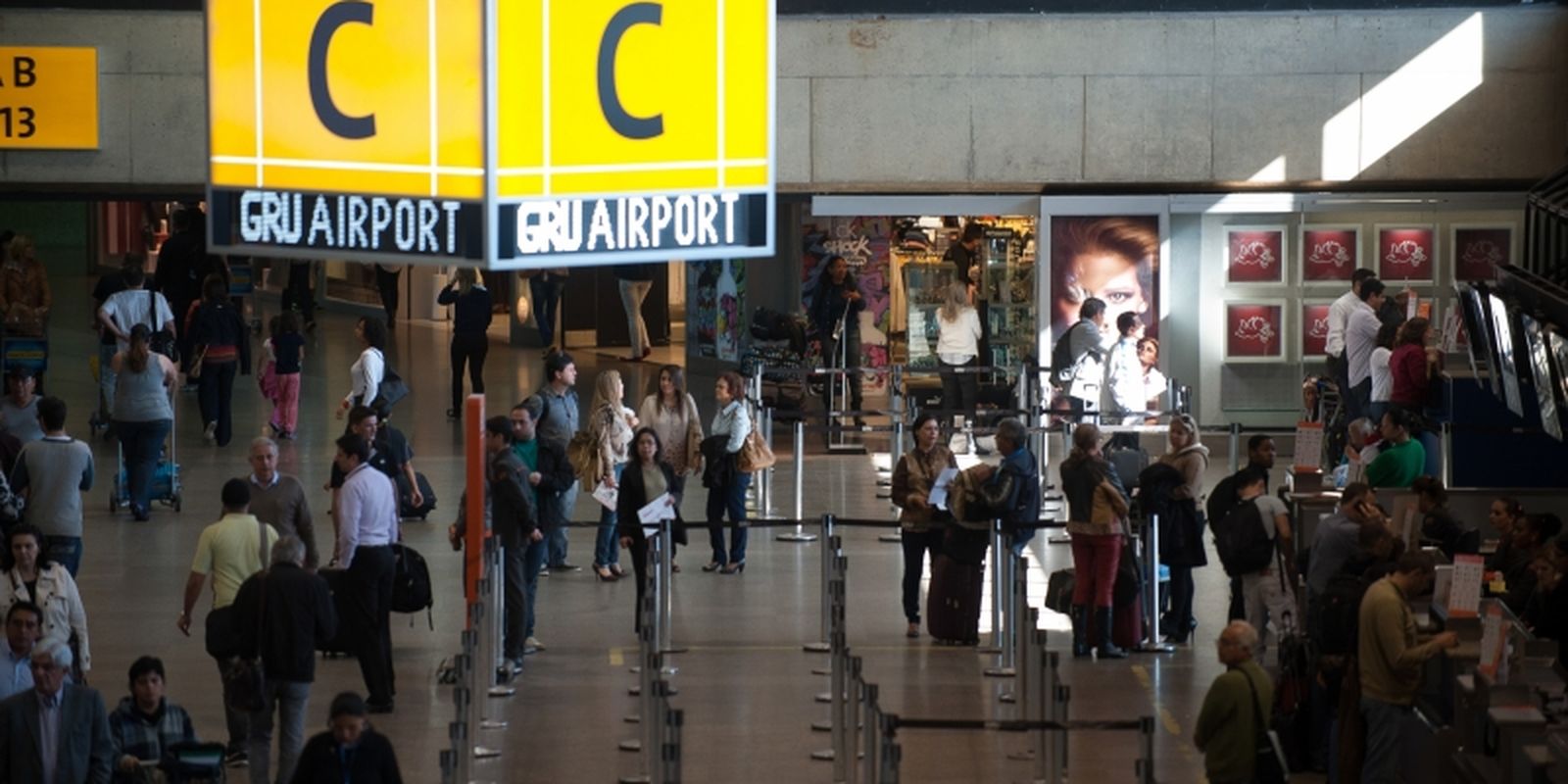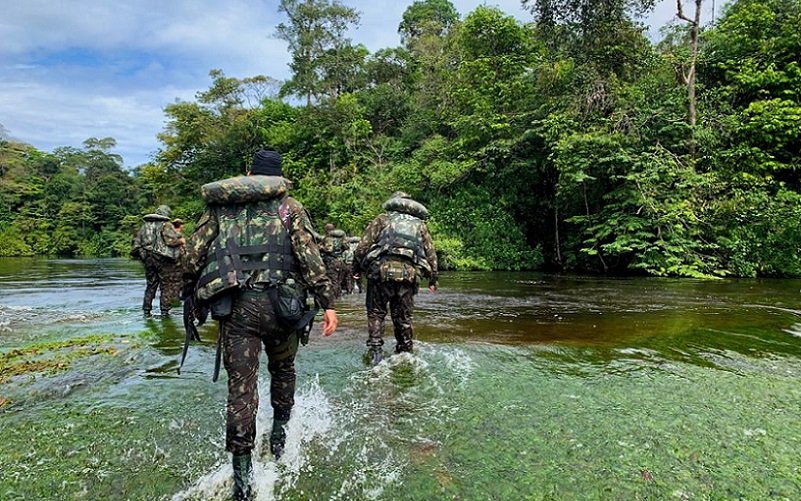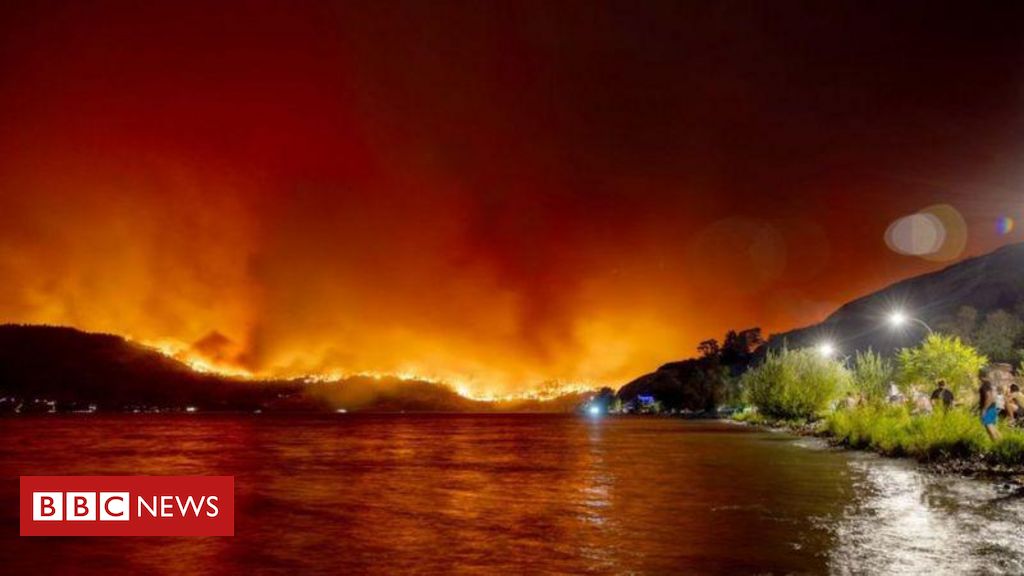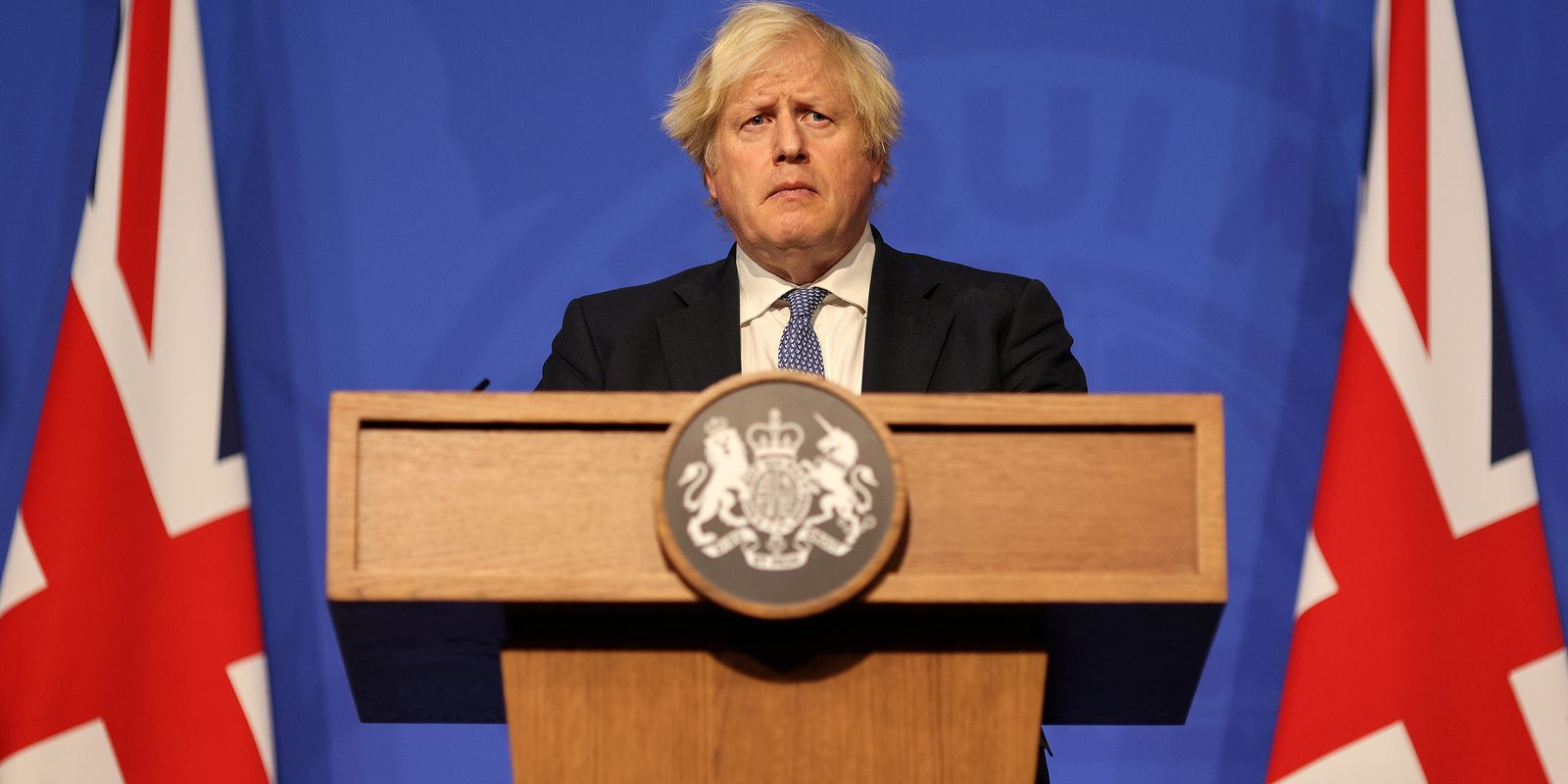Olga Lopatkina paced the basement like a caged animal. She hadn’t heard from her six children adopted from Mariupol for over a week, and she didn’t know what to do.
The family would eventually become embroiled in one of the most volatile issues of the war: Russia’s outspoken effort to capture Ukrainian orphans and raise them as Russians.
An Associated Press survey shows that the Russian strategy is well advanced. Thousands of children have been abducted from the basements of bombed cities such as Mariupol and from orphanages in the separatist territories of Donbass, which receive support from Russia. Among them are children whose parents were killed by Russian bombing, and others in institutions or foster homes.
Russia claims that many of these children have no parents or guardians, or have not been found. But the AP found that authorities deported Ukrainian children to Russia or Russian-held territories without consent, lied that their parents no longer wanted them, and gave them Russian families and citizenship.
It is the most in-depth investigation to date into the capture of Ukrainian orphans, and the first to trace the entire process back to those already growing up in Russia. She drew on dozens of interviews with parents, children and officials in Ukraine and Russia; emails and letters; Russian state documents and media.
Raising the children of war in another country or another culture can be an indicator of genocide, an attempt to erase the very identity of a people. Prosecutors link this policy directly to Russian President Vladimir Putin.
“It’s not something that happens in the heat of the moment on the battlefield,” said Stephen Rapp, a former US ambassador-at-large on war crimes issues who currently advises the Ukraine on legal proceedings.
Russian law prohibits the adoption of foreign children. In May, however, Putin issued a decree accelerating the granting of Russian citizenship to Ukrainian children without parental care.
Russia has prepared a register of Russian families suitable for Ukrainian children and offers substantial financial support. Adoptions are presented as an act of generosity. Russian state television broadcasts ceremonies in which officials hand over passports to Ukrainian children.
It’s hard to say how many there are. Ukrainian authorities say around 8,000 children have been deported to Russia.
Russia did not provide an estimate of the total. In March, the Russian Children’s Rights Ombudsman, Maria Lvova-Belova, said that about 1,000 Ukrainian children were in Russia. Since then, many more have arrived, including more than 230 in early October.
Children from different orphanages in the Donetsk region eat a meal at a camp in Zolotaya Kosa, the settlement on the Sea of Azov, Rostov region, southwestern Russia, Friday, July 8, 2022 — Photo: AP
Lvova-Belova herself took in a teenager from Mariupol and faced sanctions from the US Treasury Department, the European Union, Canada and Australia. His office told the AP its response to a state news agency that Russia was “helping children preserve their right to live under peaceful skies and be happy.”
The AP visited a leafy seaside camp near Taganrog where hundreds of Ukrainian orphans were housed.
A professional foster mother from the Moscow region said that the region’s social service contacted her to take in children from Ukraine. She was already caring for six Russian children and took in three more in Mariupol. After legal guardianship proceedings in Mariupol, now occupied, she was granted custody of the children, who became Russian citizens.
The children said that after being dropped off in a bunker in Mariupol by their adoptive mother, the Russian military took them away. They had to choose between adoption by a Russian family and life in a Russian orphanage.
In the house with its garden and inflatable swimming pool, the 15-year-old girl said she was looking forward to starting a new life in Russia, partly because her school in Ukraine was bombed, that one of her classmates class passed away and almost everyone left. .
Russia has also been accused of stealing children from Ukraine in 2014 after it annexed the Crimean peninsula. In this situation, Ukraine reported to the European Court of Human Rights that more than 80 children from Luhansk were abducted from a checkpoint and taken to Russia. Separately, Russian families have adopted at least 30 children from Crimea.
This time, at least 96 children have been returned to Ukraine since March after negotiations, including at high levels of government.
Children from an orphanage in the Donetsk region eat a meal at a campsite in Zolotaya Kosa, the settlement on the Sea of Azov, Rostov region, southwest Russia, Friday, July 8, 2022 — Photo: AP
In Mariupol, the children of Lopatkina hid for several days in a basement at the resort where they were on vacation. Their 17-year-old son, Timofey, cared for his younger siblings, three of whom were chronically ill or disabled.
They lost contact with their mother when the power went out across the city. Then a doctor from Mariupol managed to evacuate them – but they had to be handed over to Russian forces at a checkpoint. They ended up in a hospital in the Russian-controlled breakaway region, the Donetsk People’s Republic, DPR.
By the time Timofey managed to text his mother, she was already out of the country. He was furious.
It took a few phone calls to Olga Lopatkina to explain to Timofey what had happened.
For the art and music teacher who lost her teenage mother and her home during the 2014 fighting, the nightmare involving her children was the most difficult experience she had ever had. When war broke out, it became extremely dangerous to travel from his frontline home in Vuhledar to Mariupol, 100 kilometers away. Her 18-year-old biological daughter, Rada, got stuck with her uncle near Kharkiv, another frontline city.
As the bombardment approached, Lopatkina decided to head for the borders and pick up her daughter on the way. They arrived in France.
She campaigned in front of Russian and Ukrainian authorities and reached out to activists. Authorities in Donetsk eventually said she could get her children back if she traveled to Russia to pick them up. She feared it was a trap and refused.
In the DPR, officials told Timofey that a court would strip Lopatkina and her husband of custody, and the younger children would go to new families in Russia.
Then finally came a breakthrough. RPD officials agreed to allow a volunteer with a power of attorney from Lopatkina to pick up the children.
After three days of traveling through Russia, the children reunited with their father in Berlin and traveled to France. “The burden of responsibility is gone,” Timofey said. “I said, ‘Mom, take control, that’s all…I’m a kid now’.”
Olga Lopatkina and her family walk in a park in La Loue, western France, Saturday July 2, 2022 — Photo: AP/Jeremiah Gonzalez

“Freelance communicator. Hardcore web practitioner. Entrepreneur. Total student. Beer ninja.”

:strip_icc()/i.s3.glbimg.com/v1/AUTH_59edd422c0c84a879bd37670ae4f538a/internal_photos/bs/2022/s/5/FfsQurQSubTsyr6jCxug/ap22285857419879.jpg)





